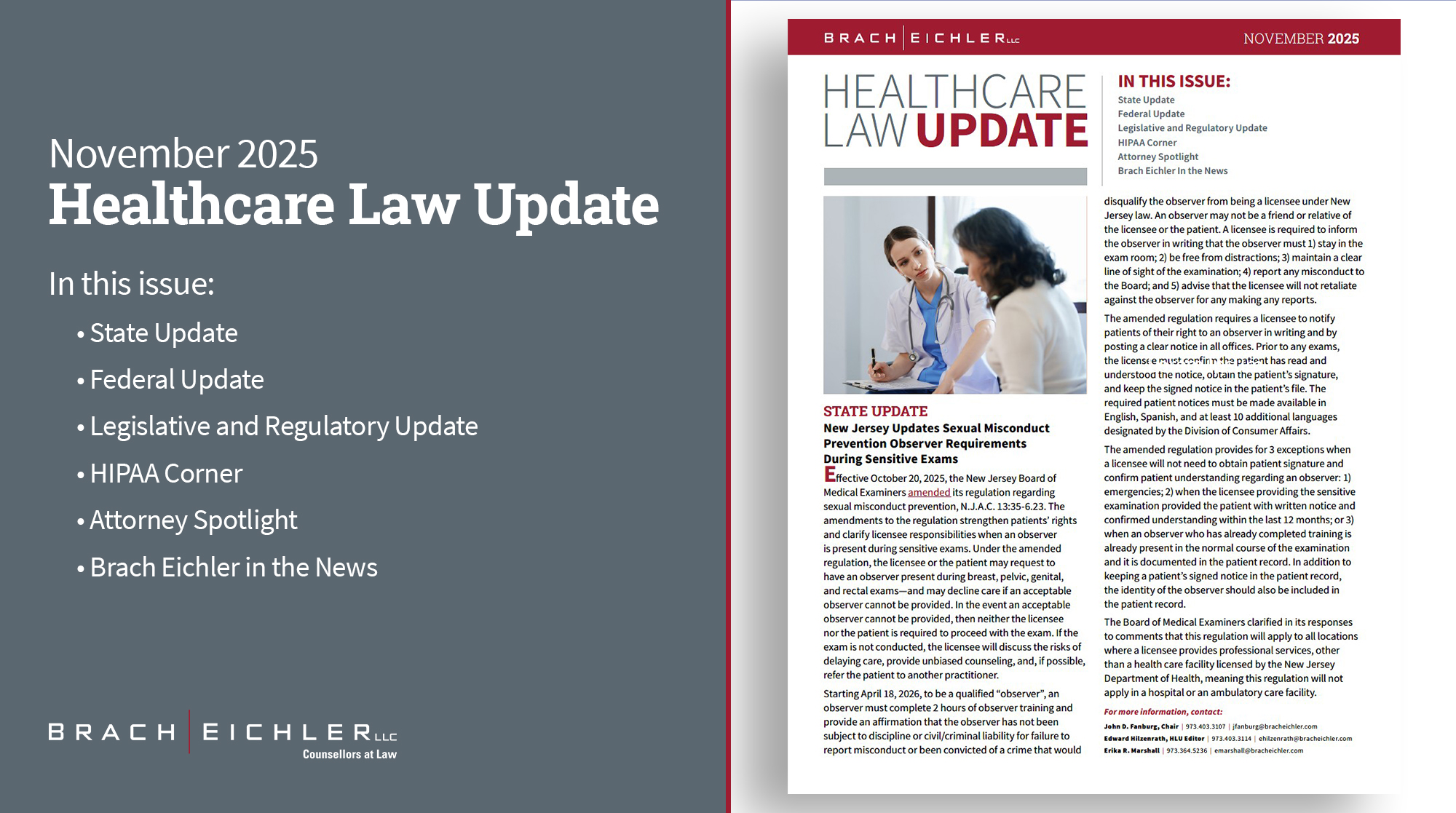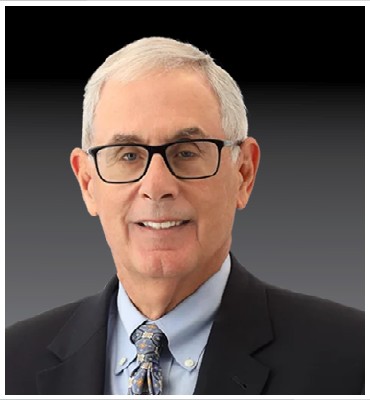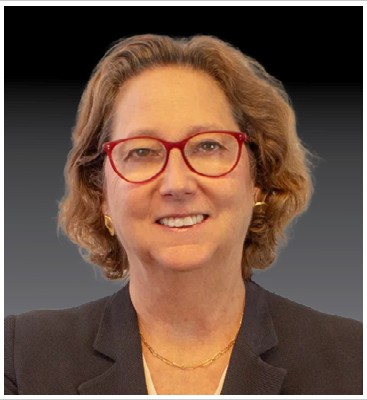
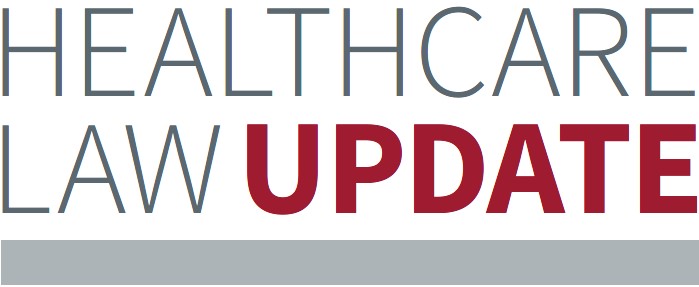

Effective October 20, 2025, the New Jersey Board of Medical Examiners amended its regulation regarding sexual misconduct prevention, N.J.A.C. 13:35-6.23. The amendments to the regulation strengthen patients’ rights and clarify licensee responsibilities when an observer is present during sensitive exams. Under the amended regulation, the licensee or the patient may request to have an observer present during breast, pelvic, genital, and rectal exams—and may decline care if an acceptable observer cannot be provided. In the event an acceptable observer cannot be provided, then neither the licensee nor the patient is required to proceed with the exam. If the exam is not conducted, the licensee will discuss the risks of delaying care, provide unbiased counseling, and, if possible, refer the patient to another practitioner.
Starting April 18, 2026, to be a qualified “observer”, an observer must complete 2 hours of observer training and provide an affirmation that the observer has not been subject to discipline or civil/criminal liability for failure to report misconduct or been convicted of a crime that would
disqualify the observer from being a licensee under New Jersey law. An observer may not be a friend or relative of the licensee or the patient. A licensee is required to inform the observer in writing that the observer must 1) stay in the exam room; 2) be free from distractions; 3) maintain a clear line of sight of the examination; 4) report any misconduct to the Board; and 5) advise that the licensee will not retaliate against the observer for any making any reports.
The amended regulation requires a licensee to notify patients of their right to an observer in writing and by posting a clear notice in all offices. Prior to any exams, the licensee must confirm the patient has read and understood the notice, obtain the patient’s signature, and keep the signed notice in the patient’s file. The required patient notices must be made available in English, Spanish, and at least 10 additional languages designated by the Division of Consumer Affairs.
The amended regulation provides for 3 exceptions when a licensee will not need to obtain patient signature and confirm patient understanding regarding an observer: 1) emergencies; 2) when the licensee providing the sensitive examination provided the patient with written notice and confirmed understanding within the last 12 months; or 3) when an observer who has already completed training is already present in the normal course of the examination and it is documented in the patient record. In addition to keeping a patient’s signed notice in the patient record, the identity of the observer should also be included in the patient record.
The Board of Medical Examiners clarified in its responses to comments that this regulation will apply to all locations where a licensee provides professional services, other than a health care facility licensed by the New Jersey Department of Health, meaning this regulation will not apply in a hospital or an ambulatory care facility.
For more information, contact:
John D. Fanburg, Chair | 973.403.3107 | jfanburg@bracheichler.com
Edward Hilzenrath, HLU Editor | 973.403.3114 | ehilzenrath@bracheichler.com
Erika R. Marshall | 973.364.5236 | emarshall@bracheichler.com

Heights University Hospital in Jersey City, formerly known as Christ Hospital, has announced that it will suspend non-essential services at the hospital for 30 days as they await emergency state funding. Hudson Regional Health, which took over the hospital from CarePoint Health following CarePoint’s bankruptcy, has indicated that the hospital is facing a $60 million shortfall for this year despite $300 Million in investments by the new owners in less than a year.
The emergency funding proposal from the State is led by Hudson County State Senators Brian Stack and Raj Mukherji, who are attempting to secure up to $25 million in emergency State funding to keep the hospital afloat. According to local officials, if non-essential services continue to be suspended, cut or the hospital itself closes, there would be a major gap in care for thousands of Hudson County residents, as the surrounding hospitals cannot support the volume. On October 17, 2025, the hospital announced that it will receive $2 million in stopgap funding from the State to fund critical operations for approximately the next 2 weeks while the hospital works with government officials to develop a plan for more substantial funding for the hospital.
For more information, contact:
Joseph M. Gorrell | 973.403.3112 | jgorrell@bracheichler.com
Richard Robins | 973.447.9663 | rrobins@bracheichler.com
Paul DeMartino, Jr. | 973.364.5228 | pdemartino@bracheichler.com
On September 18, 2025, the office of Governor Phil Murphy announced that New Jersey has joined several other northeastern states and a major northeast city to form the Northeast Public Health Collaborative, a public health coalition aimed at providing public health advice on a regional level, including advice that may differ from guidance provided by the federal government. In addition to New Jersey, the coalition members include Connecticut, Maine, New York, Pennsylvania, Rhode Island, Massachusetts and New York City. The formation of the collaborative coincides with the Trump administration’s overhaul of federal health agencies under the guidance of U.S. Health Secretary Robert F. Kennedy, Jr.

The primary goal of the collaborative is to ensure trust in public health, respond to health threats, advance community health, and strengthen confidence in vaccines and science-based medicine. By joining the coalition, the members will allow their public health agencies to share expertise and resources related to public health. The formation of the coalition is at least partially in response to recent changes to guidance at the federal level regarding the administration of certain vaccines, which the coalition members argue are contrary to established scientific research.
For more information, contact:
John D. Fanburg, Chair | 973.403.3107 | jfanburg@bracheichler.com
Jonathan J. Walzman | 973.403.3120 | jwalzman@bracheichler.com
Andrew M. Kuder | 973.403.3141 | akuder@bracheichler.com

On September 9, 2025, the New Jersey Office of the State Comptroller (OSC) issued a report about violations of conflict of interest rules and public contracting laws involving public health insurance funds (HIFs) that are used by local governments and school boards.
The OSC’s investigation found that one insurance firm, Conner Strong & Buckelew (CSB) and its affiliate PERMA, gained control over several HIFs, including the Schools Health Insurance Fund (SHIF), by influencing how multimillion dollar contracts were written, awarded, and priced, even while CSB and PERMA competed for and won these government contracts. Further, while CSB and PERMA represented that they were separate independent entities linked only by a parent company, CSB and PERMA functioned as one entity and shared leadership and employees. Although SHIF paid PERMA and CSB a total of $36 million from 2021 to 2025, CSB and PERMA did not disclose the conflicts of interest to state regulators or school officials as is legally required. Additionally, procurement processes were structured to favor CSB and PERMA, which limited competition and violated procurement laws.
The OSC directed the affected HIFs to submit corrective action plans within 60 days. In addition, the OSC referred the matters to the Department of Banking and Insurance, the Department of Community Affairs, the Office of the Attorney General’s Division of Consumer Affairs, and the School Ethics Commission and called for all
insurance funds to review their vendor relationships and procurement practices and for the legislature to take action to require greater transparency and oversight of public health insurance funds.
For more information, contact:
Riza I. Dagli | 973.403.3103 | rdagli@bracheichler.com
Edward J. Yun | 973.364.5229 | eyun@bracheichler.com
Cynthia J. Liba | 973.403.3106 | cliba@bracheichler.com
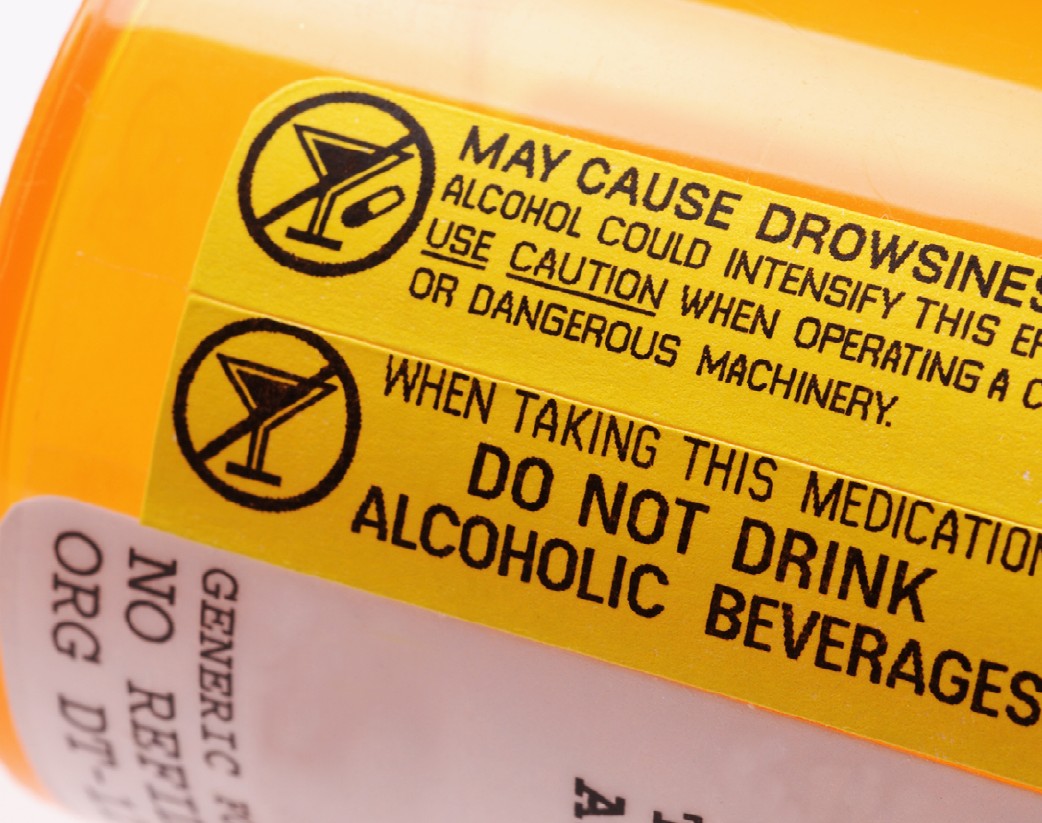
The U.S. Food and Drug Administration (FDA) has announced reforms to pharmaceutical advertising guidelines that will require all prescription drug advertisements to include full and accurate safety disclosures. The announcement comes as a result of concerns that advertisers are not providing patients with a fair balance of information about drug products. The revised guidelines ensure that consumers receive balanced information about both the benefits and potential risks of medications, including all critical safety facts, in prescription drug advertisements. Under the new guidelines, if the FDA deems any omission or minimization of side effects, contraindications, or warnings in advertisements to be misleading, the FDA can initiate regulatory action against the drug manufacturer, which can result in fines or restrictions on advertising privileges.
Until 1997, pharmaceutical advertisements were required to include full contraindications, boxed warnings, and common precautions in advertisements. However, subsequent guidance by the FDA created a loophole that
allowed drug manufacturers to recite a vague “major-risk statement” and then direct viewers to a website, toll-free number, or print insert for more complete information. The FDA’s revised guidance attempts to eliminate the loophole, and requires drug advertisers to present factual, uncontroversial statements that are already legally mandated and avoids undue burdens by preserving advertisers’ rights to continue to engage in commercial speech. The new guidance emphasizes transparency, patient safety, and the need for clear, understandable language in all promotional materials.
For more information, contact:
Keith J. Roberts | 973.364.5201 | kroberts@bracheichler.com
Shannon Carroll | 973.403.3126 | scarroll@bracheichler.com
Paul DeMartino, Jr. | 973.364.5228 | pdemartino@bracheichler.com

On September 8, 2025, the U.S. Department of Health and Human Services, Office of Inspector General (OIG) issued a favorable advisory opinion regarding a company that furnishes therapy to children with a particular disorder.
The therapy in question is typically covered by insurance, including federal healthcare programs. However, families often face significant financial barriers, such as high cost-sharing obligations, as well as non-financial barriers, to access the therapy. As a result, the company established and funds a non-profit, tax-exempt charitable organization that offers need-based grants to
families supporting their child’s therapy. The foundation provides monthly grants to qualifying families based on verified financial need, therapy hours, and adherence to prescribed therapy plans. Grant eligibility does not depend on using the company’s services and families receiving therapy from any qualified provider may apply.
The OIG found that the arrangement potentially implicates the Federal Anti-Kickback Statute and the civil monetary penalty law that prohibits inducements to beneficiaries because the company’s donations to the foundation and the foundation’s grants to patients’ families constitute prohibited remuneration. However, the OIG determined that the risk of fraud and abuse is low due to several mitigating factors, including:
• The arrangement is unlikely to lead to overutilization or inappropriately increase costs to federal health care programs because families must have a therapy plan in place before applying for a grant.
• Grant funding is unlikely to incentivize a provider to recommend unnecessary therapy because the grants are paid directly to families rather than providers.
• The arrangement is unlikely to lead to inappropriate steering or unfair competition because the company’s donations to the foundation are unrestricted and independent of any patient referrals or provider selection.
• The Foundation awards grants based on financial need, not on a family’s choice of provider, and families remain eligible for grants even if they switch providers.
For more information, contact:
Carol Grelecki | 973.403.3140 | cgrelecki@bracheichler.com
Edward J. Yun | 973.364.5229 | eyun@bracheichler.com
Vanessa Coleman | 973.364.5208 | vcoleman@bracheichler.com
On September 4, 2025, the United States Department of Health and Human Services (HHS) announced that it is implementing important measures to expand access to more affordable catastrophic health plans beginning on November 1, 2025. The move by HHS allows individuals who are ineligible for advance payments of premium tax credits or cost sharing reductions to purchase catastrophic health plans through the Health Insurance Marketplace. Catastrophic health plans are specialized insurance plans that provide all essential health benefits required under the Affordable Care Act, including full
access to preventive services without cost-sharing, while maintaining lower premium structures designed for financial accessibility. Under the new initiative announced by HHS, individuals who are ineligible for these plans based on their projected annual household income can apply for a hardship exemption by mail or through healthcare.gov.
For more information, contact:
Lani M. Dornfeld, CHPC | 973.403.3136 | ldornfeld@bracheichler.com
Jonathan J. Walzman | 973.403.3120 | jwalzman@bracheichler.com
Andrew M. Kuder | 973.403.3141 | akuder@bracheichler.com

The New Jersey Board of Nursing proposed new rules on October 6, 2025 which would permit an individual’s family member to qualify as a certified homemaker-home health aide (HHAs) for certain beneficiaries of Medicaid and NJ FamilyCare. Family caregivers seeking to provide HHA services would be required to meet the Board’s certification standards and follow the Board’s application process, which would include submitting required documentation and obtaining Board approval before delivering services. The proposed rules would require licensed home care service agencies to pay for applicable certification and related fees, rather than the family caregiver. The proposed rules would permit greater access to in-home support while maintaining professional and regulatory safeguards for beneficiaries. Comments to the proposed rules are due by December 5, 2025.

On October 1, 2025, the New Jersey Higher Education Student Assistance Authority announced it will accept applications on behalf of behavioral health professionals to assist with the payment of student loans in exchange for working full-time in high-need communities. Eligible clinicians, including psychiatrists, psychologists, social workers, counselors, and psychiatric nurses, can qualify to receive up to $150,000 in loan repayment over six years, with an additional $5,000 per year available for those primarily serving children and adolescents, for a maximum of $180,000. To qualify, the applicant must live in New Jersey, hold the appropriate State license, and work at an approved nonprofit, educational, or government site for at least two years.
For more information, contact:
John D. Fanburg, Chair | 973.403.3107 | jfanburg@bracheichler.com
Edward Hilzenrath, HLU Editor | 973.403.3114 | ehilzenrath@bracheichler.com
Erika R. Marshall | 973.364.5236 | emarshall@bracheichler.com
The Office for Civil Rights (OCR) within the U.S. Department of Health & Human Services (DHHS) is responsible for enforcing the HIPAA Privacy and Security Rules. OCR’s authority includes investigating complaints, conducting audits and issuing penalties for violations of HIPAA. Earlier this year, the DHHS published a notice in the Federal Register announcing that OCR is delegated with the authority to enforce federal regulations governing the confidentiality of substance use disorder (SUD) patient records at 42 CFR Part 2 (Part 2 Rules). Such authority

previously was vested in the Substance Abuse and Mental Health Services Administration.
By way of background, DHHS published a Final Rule in the Federal Register on February 16, 2024 amending the Part 2 Rules to better align the regulations with HIPAA. Among other things, the amended Part 2 Rules require Part 2 Programs to implement security protocols and to provide notification of breaches of Part 2 records, subjecting Part 2 record holders to the same breach notification requirements as those under the HIPAA Breach Notification Rule. The Final Rule also implements DHHS’s civil enforcement authority, including the imposition of civil money penalties for violations of the Part 2 Rules, which authority—as well as the authority to enter into resolution agreements and corrective action plans to resolve allegations of noncompliance—is delegated to the OCR in the Notice. Such authority will become effective on February 16, 2026, the compliance date of the Final Rule.
Part 2 Programs and other holders of SUD patient records must take action to implement or revise their privacy and security policies and procedures to comply with the Part 2 Rules by the compliance effective date.
The U.S. Department of Health & Human Services recently announced the settlement by the Office for Civil Rights (OCR) of allegations of HIPAA violations against Cadia Healthcare Facilities relating to posting a patient’s name, photograph and information about the patient’s conditions, treatment, and recovery in the form of a “success story” on Cadia Healthcare Facilities’ website. OCR concluded the posting was made without obtaining a valid, HIPAA-compliant authorization from the patient and, in addition,
that Cadia Healthcare Facilities disclosed the protected health information (PHI) of 150 patients to its websites through its “success story” program without patient authorization. OCR determined that Cadia Healthcare Facilities:
• Impermissibly disclosed PHI,
• Failed to have appropriate administrative, technical and physical safeguards in place to protect the privacy of PHI, and
• Failed to provide breach notification to the affected individuals.
Under the terms of a resolution agreement entered into between Cadia Healthcare Facilities and OCR, the provider agreed to pay a civil penalty of $182,000 and to implement a corrective action plan that will be monitored by the OCR for two years.
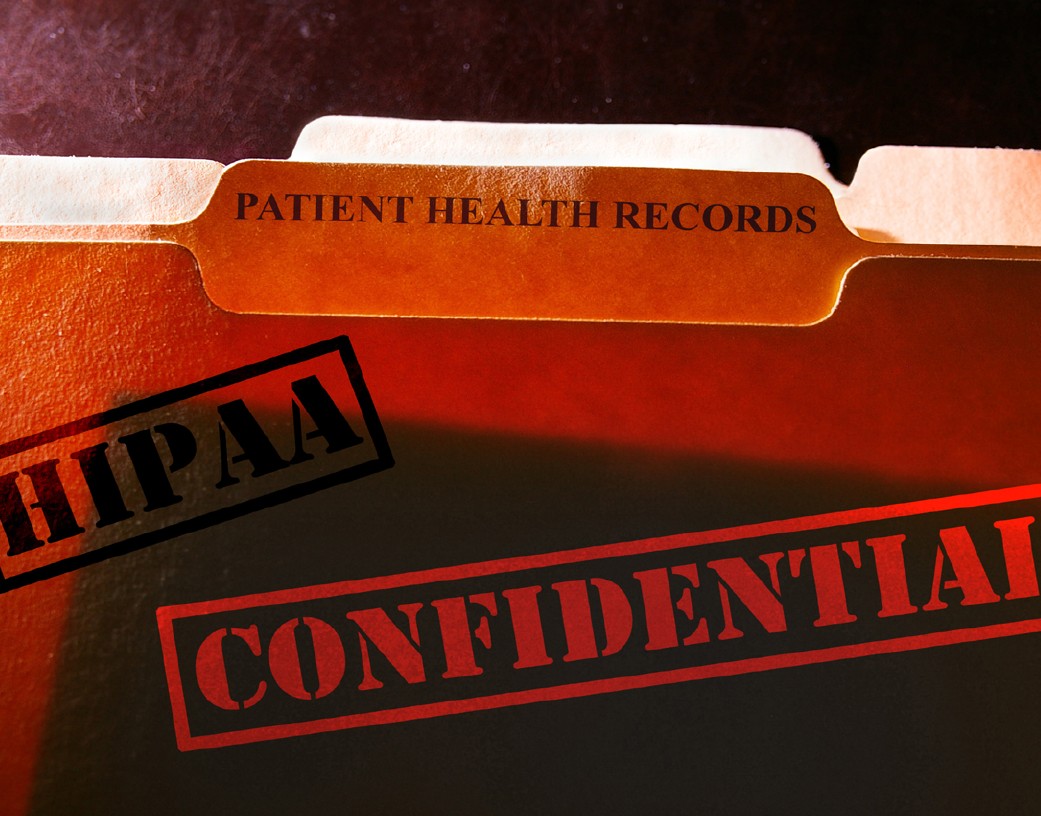
The resolution demonstrates that a single incident may result in multiple findings of non-compliance and burdensome penalties. Healthcare providers must be mindful of the use of patient information on websites, social media, and other publications, including “success stories” and testimonials. Providers must obtain HIPAA-compliant authorizations from each patient before doing so. Such authorizations must be clearly written and be specific about the PHI to be disclosed and the specific uses of such PHI. Simply obtaining oral consent or using a general consent form that does not contain all elements required under HIPAA is not enough.
If you need assistance with your HIPAA compliance program, an OCR investigation, or a data breach incident, please contact:
Lani M. Dornfeld, CHPC | 973.403.3136 | ldornfeld@bracheichler.com
Get to know the faces and stories of the people behind the articles in each issue. This month, we invite you to meet Member Joseph M. Gorrell and Counsel Tracy E. Miller.
In your opinion, what is the most pressing legal issue currently facing the healthcare industry?
The most pressing issue facing the healthcare industry is how to deal with uncertainty and to try to ascertain where you fit in. For example, will the consolidation of the industry and the inroads of private equity continue, accelerate or level off? Will the payors be able to exert their position to reduce or maintain the fees they pay? It is critical to stay abreast of regulatory changes and industry trends to reduce any uncertainty.
What personal qualities or skills do you think are most important for a healthcare attorney to cultivate, both professionally and personally?
The skill for attorneys that is often overlooked is learning to “read the room.” That is, to understand where the people you are dealing with—clients, adversaries and attorneys—are coming from. Understanding what is motivating the people you are working with is often the key to success.
In your opinion, what is the most pressing legal issue currently facing the healthcare industry?
Among the most pressing legal issues in the health care landscape are the legal challenges and risks posed by increasing use of AI. Use of AI in clinical practice, whether for generating a transcript of patient-physician encounters or for more complex tasks, calls for review to address the clinical, compliance, privacy, security and potential discrimination issues that may arise. Health care providers who are using AI or intend to do so, should establish an AI governance structure that encompasses this expertise to evaluate and oversee AI use. AI presents risks but can also be a powerful administrative and clinical tool. Increasingly, health care organizations that are not using AI may find themselves at a competitive disadvantage.
What personal qualities or skills do you think are most important for a healthcare attorney to cultivate, both professionally and personally?
It is important for attorneys to think analytically about the context for the legal issues that clients present so that they can best enable clients to realize their operational, business and strategic goals. On a personal level, this broader understanding of the client’s business and professional concerns also deepens engagement with the client’s leadership.

On November 20, Healthcare Law Associate Rebecca Falk will be presenting at JBar’s “Bias Against Women in Law” event, register now.
On November 15, Managing Member and Healthcare Law Chair John D. Fanburg will present a Legal & Legislative Update at the New Jersey Obstetrical & Gynecological Society. Additionally on November 22, he will be presenting at the New Jersey Society of Pathologists (NJSP) 75th Annual Meeting.
On November 12, Healthcare Law Vice Chair Caroline Patterson will speak at the Pennsylvania Joint Medical/Legal Conference about “Exploring Practice Sales, Physician Contracts and AI.”
On October 24, Law.com published an article entitled “Law Firm of the Year Finalist: Brach Eichler” regarding Brach Eichler being a finalist for The New Jersey Law Journal’s 2025 Law Firm of the Year Award.
On October 23, Lani Dornfeld, Healthcare Law Member opined in Healthcare IT Today in an article entitled “Balancing the Need for Data Accessibility with Ensuring Patient Data Privacy and Compliance with Regulations like HIPAA.”
On October 22, Managing Member and Healthcare Law Chair John D. Fanburg and Healthcare Member and Litigation Chair Keith J. Roberts presented “New Jersey PIP Fee Schedule Update.”
On October 18 and 19, Healthcare Law Vice Chair Caroline Patterson provided an on-demand course at the American Academy of Ophthalmology (AAO) 2025 entitled “Current Trends in Ophthalmology Practice Sales.”
On October 12, Brach Eichler participated in American Heart Association’s (AHA) Heart Walk and donated almost $16,000 to AHA.
On September 22, Capital Analytics Associates ran a spotlight on Managing Member and Healthcare Law Chair John D. Fanburg.
If you’re a physician wondering whether it’s time to sell your practice, this video series is for you. In the Selling Your Practice series, Brach Eichler’s Managing Member and Healthcare Practice Chair, John D. Fanburg, explains how to evaluate whether selling is the right move, what buyers are really looking for, and why so many doctors are considering a sale right now. Watch the full video series at: https://www.bracheichler.com/professionals/john-d-fanburg/#videos

Attorney Advertising: This publication is designed to provide Brach Eichler LLC clients and
contacts with information they can use to more effectively manage their businesses. The contents
of this publication are for informational purposes only. Neither this publication nor the lawyers who
authored it are rendering legal or other professional advice or opinions on specific facts or matters.
Brach Eichler LLC assumes no liability in connection with the use of this publication.

Riza I. Dagli | 973.403.3103 | rdagli@bracheichler.com
Lani M. Dornfeld, CHPC | 973.403.3136 | ldornfeld@bracheichler.com
John D. Fanburg, Chair | 973.403.3107 | jfanburg@bracheichler.com
Joseph A. Ferino | 973.364.8351 | jferino@bracheichler.com
Joseph M. Gorrell | 973.403.3112 | jgorrell@bracheichler.com
Carol Grelecki | 973.403.3140 | cgrelecki@bracheichler.com
Caroline Patterson, Vice Chair | 973.364.5233 | cpatterson@bracheichler.com
Keith J. Roberts | 973.364.5201 | kroberts@bracheichler.com
Richard B. Robins | 973.447.9663 | rrobins@bracheichler.com
Jonathan J. Walzman | 973.403.3120 | jwalzman@bracheichler.com
Edward J. Yun | 973.364.5229 | eyun@bracheichler.com
Edward Ellersick | 973.364.5205 | eellersick@bracheichler.com
Debra W. Levine | 973.403.3142 | dlevine@bracheichler.com
Erika R. Marshall | 973.364.5236 | emarshall@bracheichler.com
Tracy Miller | 973.403.3102 | tmiller@bracheichler.com
Rebecca T. Falk | 973.364.8393 | rfalk@bracheichler.com
Roseland, NJ | New York, NY | West Palm Beach, FL | www.bracheichler.com | 973.228.5700


